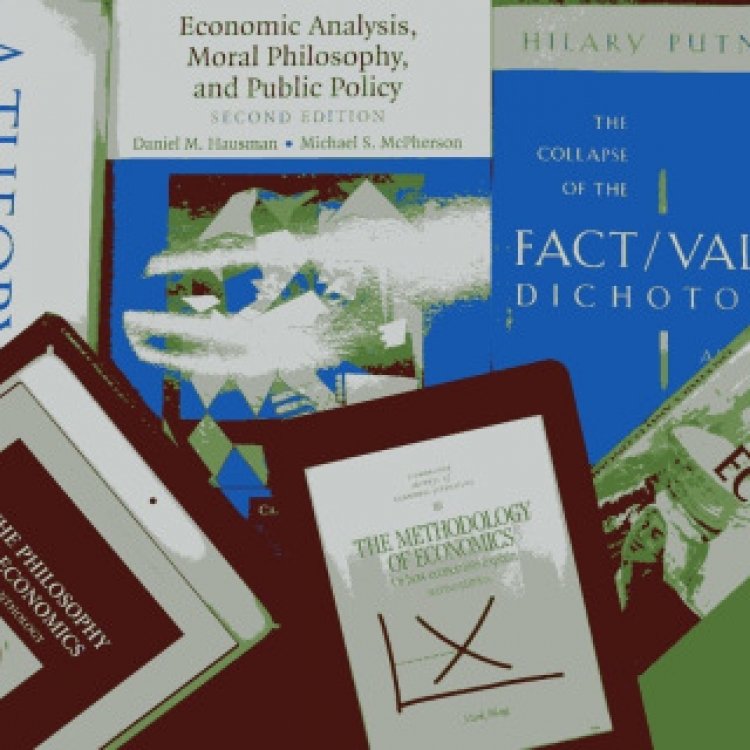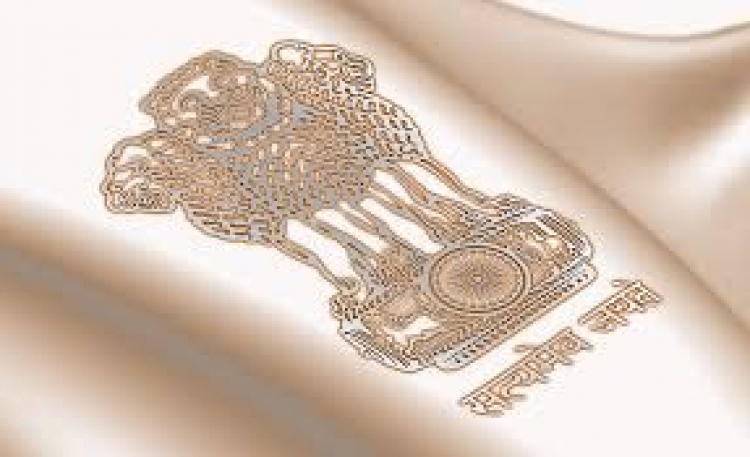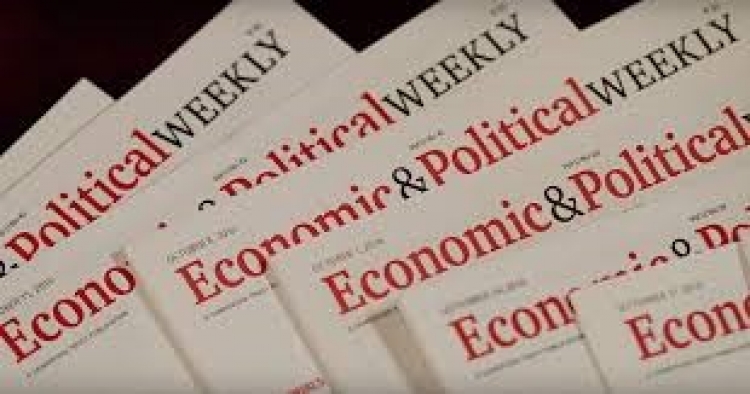
Administering Goods and Services Tax in India
28 Apr 2012 0 comment(s) Research Papers
Introduction of Goods and Services Tax (GST) was a long pending fiscal reform in the coming. It was under different stages of conceptualization, policy discussion and debate for more than decade and a half before it was finally introduced with much fanfare in July 2017. However, the experience of administering and operationalizing GST and the teething problems it has faced in past two years (and is still facing) have raised some serious questions on the overall conception and administrative architecture designed for this.
A deeper examination of administrative and operational issues of introducing GST in India was carried out by me way back in 2012 in a research paper published in Economic and Political Weekly, in its issue dated 22 April 2012 (Vol. XLVII, No. 17). The issues raised in the article have not lost their importance and most of the operational issues faced in the past two years can be found discussed in this paper.
A downloadable pdf file of the paper is attached below. The link to the article on the website of EPW is as follows:
https://www.epw.in/journal/2012/17/special-articles/administering-goods-and-services-tax-india.html
The Abstract of the article is reproduced here:
The long process of introducing a comprehensive Goods and Services Tax at the national level has thrown up many complex challenges. The question of the nature and structure of the agency for administering and collecting the GST is one of the most crucial ones. It appears that the existing institutional and organisational structure with multiple departments (one at the union and one in each of the states) would be maintained for collection of what is essentially a single tax (though with two components), thereby severely eroding most of the expected benefits of a national GST as well as putting a heavy burden on taxpayers. The influence of the bureaucratic complex and power politics of the organised civil services as well as a lack of political will are the major reasons for such a possible outcome. The need is to move towards a harmonised, modern and professionally managed national revenue agency for GST with a proper safeguard mechanism for preserving the fiscal federal nature of India and its states.






Comments
0 comment(s)